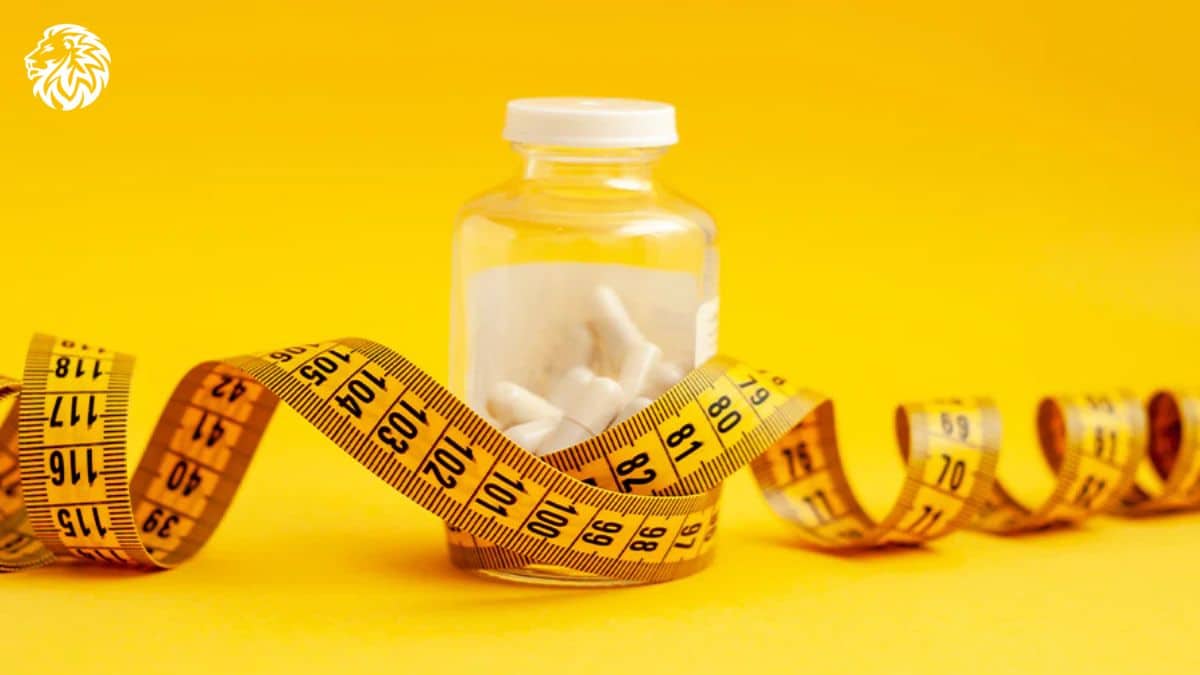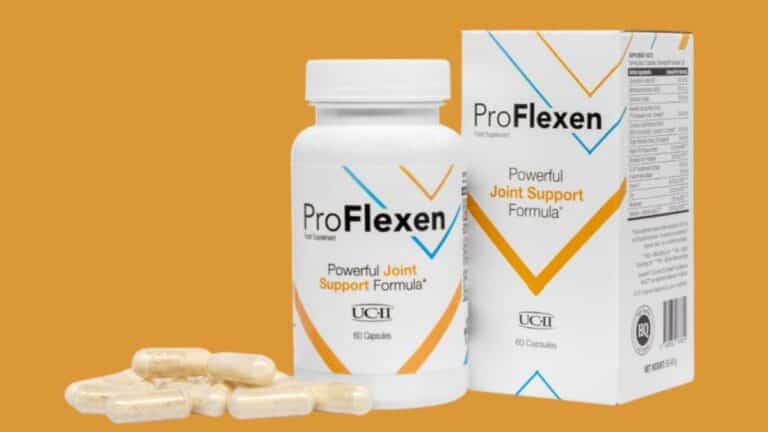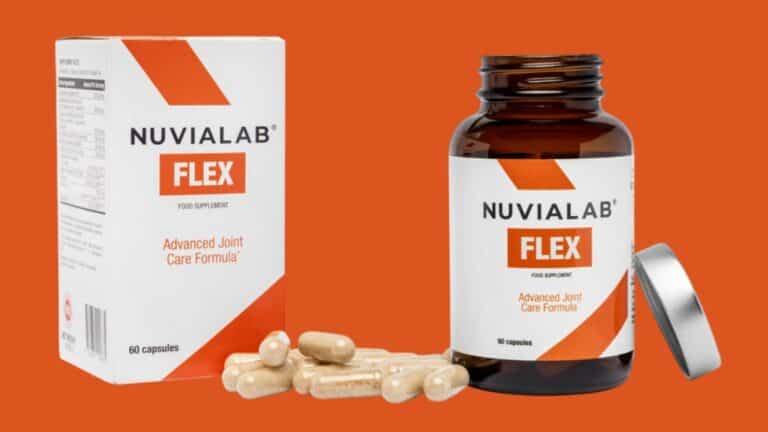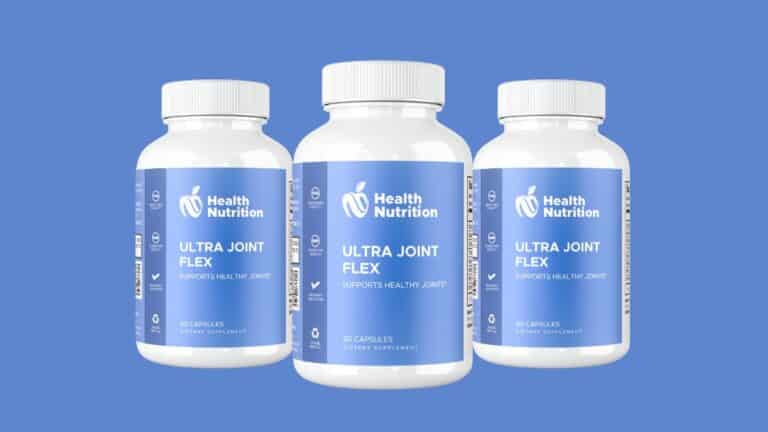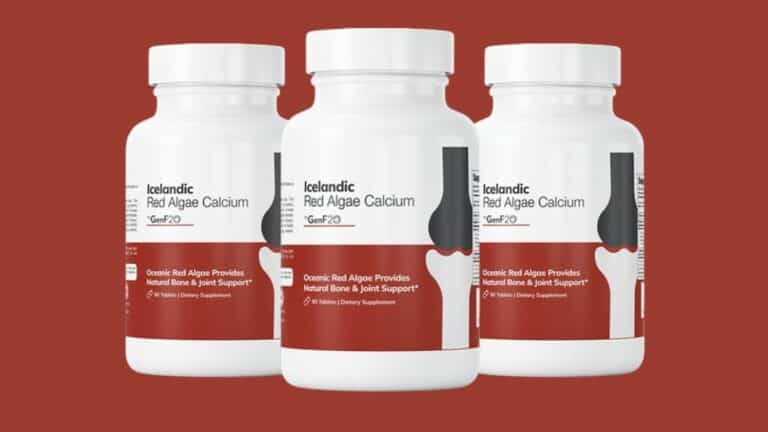Fat burners have gained popularity as a quick fix for shedding extra pounds. However, their safety is often a topic of concern for many. If you’re considering incorporating fat burners into your routine, it’s essential to understand how they work, what risks they may pose, and how to use them responsibly.
What Are Fat Burners?
Fat burners are supplements designed to enhance weight loss by increasing metabolism, reducing appetite, or promoting fat breakdown. They often contain ingredients like caffeine, green tea extract, and other stimulants to boost energy levels and promote fat loss.
While some fat burners rely on natural ingredients, others may contain synthetic compounds. Their primary goal is to assist in burning calories more efficiently, often by increasing the body’s heat production (thermogenesis) or boosting your energy expenditure during workouts.
How Do Fat Burners Work?
Fat burners typically operate in three ways:
- Increased Metabolism: Many fat burners contain stimulants like caffeine that boost metabolic rate. By increasing metabolism, the body burns more calories even when at rest.
- Appetite Suppression: Some fat burners contain ingredients that help reduce hunger, making it easier to stick to a calorie deficit. This can prevent overeating and help control food cravings.
- Fat Breakdown: Certain ingredients, such as green tea extract, have been shown to promote fat oxidation, encouraging the body to use stored fat as energy.
Are Fat Burners Safe?
The safety of fat burners depends on the ingredients they contain and how they are used. While some fat burners can be safe when taken as directed, others may pose risks, especially when misused or combined with other stimulants. Here are some considerations when evaluating the safety of fat burners:
Potential Side Effects
Fat burners can cause a variety of side effects, particularly if they contain stimulants like caffeine. Common side effects may include:
- Increased Heart Rate: High doses of stimulants can elevate your heart rate, leading to feelings of jitteriness or palpitations.
- Insomnia: Because of their stimulant properties, fat burners taken too late in the day can disrupt your sleep patterns.
- Digestive Issues: Some fat burners may cause nausea, diarrhea, or bloating, especially if they contain ingredients that the body struggles to digest.
- Anxiety or Irritability: High levels of stimulants can increase feelings of anxiety or make you feel on edge.
- Dehydration: Ingredients like caffeine are diuretics, meaning they can cause your body to lose water, leading to dehydration if you’re not drinking enough fluids.
Ingredient Concerns
Some fat burners contain ingredients that can raise concerns for safety:
- Ephedra: This powerful stimulant was once a common ingredient in fat burners but was banned by the FDA due to its link to severe health issues such as heart attacks and strokes.
- Synephrine (Bitter Orange): Often used as a substitute for ephedra, synephrine has similar stimulant properties and may increase the risk of heart problems, especially when combined with other stimulants like caffeine.
- DMAA (1,3-dimethylamylamine): Another ingredient that has raised safety concerns, DMAA is banned in many countries due to its potential to cause dangerous increases in blood pressure and heart rate.
When choosing a fat burner, it’s important to thoroughly review the ingredient list. Stick to supplements that contain well-researched ingredients and avoid those with banned or controversial compounds.
Fat Burners and Caffeine
Caffeine is a common ingredient in fat burners due to its ability to boost metabolism and increase energy. However, too much caffeine can lead to negative side effects, including:
- Restlessness and anxiety
- Increased heart rate and blood pressure
- Digestive issues
If you already consume coffee, tea, or other caffeinated products, taking fat burners that also contain caffeine may lead to excessive intake. The recommended daily limit for caffeine is around 400 milligrams, which is roughly equivalent to four cups of brewed coffee. Exceeding this limit may increase your risk of side effects.
Who Should Avoid Fat Burners?
Fat burners aren’t for everyone. Certain individuals should avoid them due to potential risks:
- People with Heart Conditions: If you have any underlying heart issues, stimulants found in many fat burners can exacerbate these conditions. Always consult with your healthcare provider before using fat burners if you have a history of heart problems.
- Individuals with Anxiety Disorders: Since fat burners often contain stimulants, they can worsen symptoms of anxiety and cause restlessness or nervousness.
- Pregnant or Nursing Women: It’s generally advised to avoid fat burners during pregnancy or while breastfeeding due to the unknown effects on the baby.
- Those Sensitive to Stimulants: Some people are more sensitive to stimulants than others and may experience severe side effects even with small doses.
How to Use Fat Burners Safely
Using fat burners safely requires a thoughtful and informed approach. While these supplements can enhance weight loss efforts, improper use can lead to unwanted side effects or even serious health risks. Here’s how to incorporate fat burners into your routine in a safe and effective manner:
1. Consult a Healthcare Professional
Before starting any fat burner, it’s crucial to speak with a healthcare provider. A doctor or nutritionist can evaluate your overall health and advise you on whether a fat burner is suitable for you. This is particularly important if you have pre-existing conditions like heart disease, high blood pressure, or anxiety, which can be worsened by stimulants commonly found in fat burners.
Additionally, certain medications may interact negatively with fat burners. For instance, if you’re on medication for high blood pressure or thyroid issues, fat burners could potentially exacerbate side effects or reduce the effectiveness of your medication. Your healthcare provider can help ensure that you avoid dangerous interactions and choose a supplement that aligns with your health needs.
2. Follow Dosage Instructions Carefully
Adhering to the recommended dosage is essential for minimizing risks. Many fat burners contain stimulants like caffeine or green tea extract, which can lead to serious side effects if consumed in excessive amounts. Taking more than the recommended dose won’t speed up weight loss but can increase the likelihood of issues like heart palpitations, jitteriness, or high blood pressure.
Pay close attention to the serving size on the label. Some supplements require you to take multiple capsules or servings per day, while others recommend a lower intake. Never exceed the recommended dosage, and if you’re unsure, it’s better to start with a smaller amount and gradually increase it, as long as it’s within the suggested range.
3. Monitor Caffeine Intake
Many fat burners rely on caffeine to boost metabolism and energy levels, but it’s important to keep track of your total daily caffeine intake. The average adult should consume no more than 400 milligrams of caffeine per day. If you’re already drinking coffee, tea, or energy drinks, adding fat burners with high caffeine content can quickly push you beyond that limit.
Excessive caffeine can lead to issues such as insomnia, anxiety, and digestive problems. To avoid these side effects, consider opting for a fat burner with low or no caffeine, especially if you’re sensitive to stimulants. Alternatively, you can reduce your consumption of other caffeinated beverages while taking the supplement.
4. Stay Hydrated
Many fat burners contain ingredients that increase metabolism and promote thermogenesis, which can raise your body’s temperature. This can lead to increased sweating and water loss. Additionally, stimulants like caffeine have a diuretic effect, causing your body to lose fluids more quickly.
To counteract these effects, it’s essential to stay hydrated throughout the day. Drink plenty of water, especially if you’re working out while using a fat burner. Dehydration can lead to fatigue, headaches, and other health issues that can hinder your weight loss efforts and overall well-being.
5. Cycle Fat Burners
Using fat burners continuously over long periods may reduce their effectiveness as your body can build up a tolerance to the ingredients, particularly stimulants like caffeine. To prevent this, it’s a good idea to cycle fat burners, meaning you take them for a set period (such as 4-6 weeks) and then take a break before starting again.
Cycling helps reset your body’s tolerance to the ingredients and reduces the risk of long-term side effects. During your off-cycle, focus on maintaining your diet and exercise habits so that you don’t lose progress.
6. Watch for Allergies or Sensitivities
Fat burners often contain a blend of ingredients, including herbs, stimulants, and synthetic compounds. If you have food allergies or sensitivities, carefully check the ingredient list for any potential triggers. For example, some fat burners contain ingredients derived from soy, milk, or gluten, which could cause reactions in those with allergies.
If you experience any allergic reactions, such as rashes, swelling, or difficulty breathing, discontinue use immediately and seek medical attention.
7. Avoid Combining with Other Stimulants
Many fat burners already contain high levels of stimulants, so combining them with other stimulant-based products can be dangerous. This includes energy drinks, pre-workout supplements, and even large amounts of coffee. The cumulative effect of too many stimulants can lead to severe side effects like heart palpitations, increased blood pressure, and heightened anxiety.
Be mindful of what you’re consuming throughout the day, and avoid stacking multiple stimulant-based products. If you’re unsure whether a combination is safe, consult with a healthcare provider or nutritionist.
8. Incorporate a Balanced Diet and Exercise
Fat burners are not a magic solution to weight loss. For the best results, they should be used alongside a healthy diet and regular exercise. A calorie-controlled diet rich in whole foods, lean proteins, healthy fats, and plenty of vegetables will complement the effects of fat burners. Additionally, consistent exercise, including both cardio and strength training, will help enhance fat loss.
Using fat burners without making lifestyle changes may yield limited results. It’s essential to view them as a supplement to your efforts, not a substitute for a healthy lifestyle.
9. Listen to Your Body
Pay close attention to how your body responds to fat burners. While some side effects like mild jitteriness or increased energy can be normal with stimulants, more severe reactions like dizziness, shortness of breath, or extreme anxiety are not. If you experience any serious side effects, stop taking the fat burner immediately and consult your doctor.
Your health and well-being should always come first. If a fat burner isn’t working for you or is causing discomfort, it’s better to discontinue use and explore other options for weight loss.
By following these safety tips, you can minimize risks while maximizing the benefits of fat burners. Always prioritize your health by consulting a healthcare professional, sticking to the recommended dosage, and incorporating fat burners into a balanced, healthy lifestyle.
The Bottom Line
Fat burners can be safe for some people, but they are not without risks. The key to safe use is understanding the ingredients, following the dosage instructions, and being mindful of potential side effects. They can be a helpful addition to a healthy diet and exercise routine, but they aren’t a replacement for these fundamental habits.
If you have any doubts about the safety of fat burners or are unsure whether they are right for you, consulting a healthcare provider is always a good first step. By taking a cautious approach, you can use fat burners safely and effectively as part of your weight loss journey.
References
- Baboota, R. K., Bishnoi, M., Ambwani, S. R., Kondepudi, K. K., & Sarma, S. M. (2019). Curcumin attenuates diet-induced metabolic dysfunctions in mice by modulating multiple gut microbiota-host metabolic axes. Food and Chemical Toxicology, 124, 111-124. Retrieved from https://www.sciencedirect.com/science/article/abs/pii/S0278691518307907
- Forbes Health. (n.d.). Fat-burning pills: Do they work and are they safe? Forbes. https://www.forbes.com/health/weight-loss/fat-burning-pills/
- WebMD. (n.d.). What are fat burner supplements? WebMD. https://www.webmd.com/vitamins-and-supplements/what-are-fat-burner-supplements
- Cleveland Clinic Health Essentials. (n.d.). Do fat burners work? Cleveland Clinic. https://health.clevelandclinic.org/do-fat-burners-work
- National Institutes of Health. (n.d.). Dietary supplements for weight loss. NIH Office of Dietary Supplements. https://ods.od.nih.gov/factsheets/WeightLoss-HealthProfessional/
